Developmental Insights Edition 16
In Discussion: Africa No Filter’s research on Stereotypes about Africa
Welcome to the 16th edition of Developmental Insights! It’s hard to believe that we’re more than half way through the year and that this newsletter is in its seventh month. In this edition, we delve into the famine in Gaza, peace and violent groups in Nigeria, US aid cuts, Hawaii’s landmark climate impact fee and finally a university in Colombia with the aim of helping at-risk youth.
This week’s ‘In Discussion’ is a bit different to previous weeks. Rather than doing a deep dive into a news story as I usually do (have a look here for preceding editions), today I will be focusing on a report that I find interesting. This week, Africa No Filter shared a report looking at the way that stereotypical images of Africa are perceived in the United Kingdom and the United States. I’m always on the look out for research related to this, so if anyone has read or seen anything, please do let me know!
In this edition:
Gaza could be the first entirely man-made famine of this century
Gaza may be on the brink of being the most preventable famine in modern history. Today, 470,000 people in the territory - one in five - are experiencing famine conditions, the highest proportion anywhere in the world since the famines in Somalia (2011) and South Sudan (2017). Since March, Israel has had a blockade imposed to stop humanitarian organisations from entering, with there being a 95% decrease in what has been able to enter. Millions of dollars worth of food, medicine and nutrition have been sitting outside the border, and wasted as Israel is not allowing entry.
The article emphases how many of the deaths associated with the famine have been entirely preventable. Medical clinics have reported daily arrivals of 200-300 severely malnourished children, with recent deaths occurring due to the lack of basic supplies such as peanut-based therapeutic food (RUTF) that could save lives if allowed in. These deaths (which are due to the famine) also spread faster in conditions where there is extreme displacement and degraded infrastructure - unfortunately, around 94% of Gaza’s hospitals are damaged or destroyed with collapsed water systems and non-function sanitation.
Peace and Bandit Groups in Northern Nigeria
Along the Sokoto-Zamfara state line (close to the Nigeria-Niger border), the villages of Sabon Birni and Isa have been abandoned. To avoid this happening to them, some other villages have attempted to come to peace deals with local bandit groups. Over the years, Nigeria has failed to put an end to non- state actors terrorising rural communities in the Northern part of the country. In this, members of families have been abducted and killed, and their livelihoods (which comes predominantly from farming) severely disrupted.
Analysts and international observers have stated that the Northern states of Zamfara, Sokoto and Katsina are no longer considered to be a part of the government’s control. As a result, this has critical implications. These bandit groups and violent gangs try to recruit those from rural communities telling them ‘We are actually fighting for you. This government cannot protect you.’ However, communities have little choice and just want to survive. Furthermore, local state governments have been fighting violent non-state actors for years attempting to mediate, and de-radicalise campaigns. This conflict is never ending.
US Aid Cuts Threatening Iraq’s Demining Efforts
US President Donald Trump’s aid cuts have threatened demining operations worldwide, and in Iraq, the decision has forced hundreds of trained de-miners out of a job and left communities at risk. Being the world’s largest funder of humanitarian mine action, the US plays a big role in cleaning up remnants of war. Since 1993, it has contributed more than USD $5.09 billion to clearing landmines and supported programmes in more than 125 countries.
Decades of conflict have ‘massively contaminated’ the Middle Eastern country with landmines with there being legacy minefields from the Iran-Iraq war 40 years ago. The southern deserts also hide cluster munitions that the US and its allies dropped during the Gulf War and the 2003 invasion. This is also having an effect on local communities with many individuals hoping that they could ‘get on with their lives’ without the threat of explosive devices near them.
Hawaii decides to spend green fees to protect nature and tourism
The US state of Hawaii’s landmark climate impact fee will boost conservation, offering a boost to funding while Trump cuts climate and environmental spending. Having experienced wildfires on the island of Maui and causing USD $5.5 billion in damage, Hawaii has a gap of more than USD $560 million a year in conservation funding. This is a growing concern for the tourism industry revolving around surfing, reefs and mountains.
Now, the island state will implement a first-in-the-nation law, putting forward a green fee on the 10 million tourists who visit each year, expecting to raise USD $100 million a year. Not only will this fund public sector conservation but also be a major force to empower local communities to make their communities safer.
New university aims to undercut cycle of conflict in Colombia
With violence on the rise and government negotiations with armed groups at an impasse, ordinary Colombians are having to take initiative and take matters into their own hands. One such endeavour has been the new branch of Universidad de la Amazonia welcoming its first 26 students in Puerto Asis. Located in the conflict stricken municipality of Putumayo, this action can be seen as a way to ‘revitalise the region’ by offering young people new opportunities through localised higher education.
In 2022, President Gustavo Petro’s Total Peace plan - which aimed to strike deals with armed groups across the country - had brought hopes for a change. However, three years later, most of these talks have come to standstill and many of the groups have fragmented. In Putumayo, clashes between non-stated armed groups have torn the region apart as they fight for control of smuggling routes and criminal underworlds. The university can be seen as a great support for youth to engage in something meaningful and make a living for themselves.
In discussion: Africa No Filter’s research on Stereotypes about Africa
Media and development aid have long since portrayed Africa in negative stereotypical ways related to ‘lack of progress, poverty, harsh living conditions, political instability and exotic tribalism’ to name but a few. There is a presumption that this framing is intended to elicit sympathy and encourage donations so that African progress can be supported. Nevertheless, there is a lack of research in how these perceptions are reflected in the average person in the Global North.
A new research report from Africa No Filter has delved into this, focusing on individuals on the perceptions that those in the United Kingdom and United States had on Europe and Africa. The report found:
Research participants believed Africa to be politically unstable and full of widespread government corruption and dictatorship. Perceptions about the economy were equally negative, with the continent being associated with poverty and food shortages. On the other hand, Europe was seen as liberal and progressive, and playing a significant role in the global economy.
Thoughts about Africa were less positive than those about Europe. A majority (57.9%) of the thoughts listed about Africa included no reference to humans, societies or civilisation, focusing on ‘animals and wildlife’, while just 16.8% of ideas about Europe involved this category.
Nature in Africa is associated with harsh conditions, while Europe is noted for its pleasant nature and a variety of landscapes.
Negative stereotypes influence the willingness to buy African products and engage in African culture, compared to that with European interests. The participants own negative thoughts and their beliefs about cultures and societal problems come to mind when thinking about Africa. Despite many participants associating Africa with natural beauty, this did not influence when purchasing items.
Cultural interest was not linked to stereotypes about societal problems. Rather, lower interest in African cultures compared to European cultures was driven by the negativity of people’s thoughts about Africa and how much they associated Africa with cultures and travel.
The report concluded with some key implications. Primarily, negative stereotypes about Africa impact economically as they may deter consumers from the Global North from buying or engaging with African goods, something which then stifles market growth and innovation. On a societal level, this may also inhibit narratives about the continent from being reshaped and fostering cross - cultural understandings and engagements.
Thanks for reading edition 15 of Developmental Insights - I hope you enjoyed it and found it informative! Please subscribe to the newsletter if you would like to continue receiving it straight to your inbox every other Friday!
I am always open to suggestions or feedback so please send anything to developmentalinsights@gmail.com or, simply add a comment below!
I look forward to connecting with you further in future editions!
Best,
Harkiran


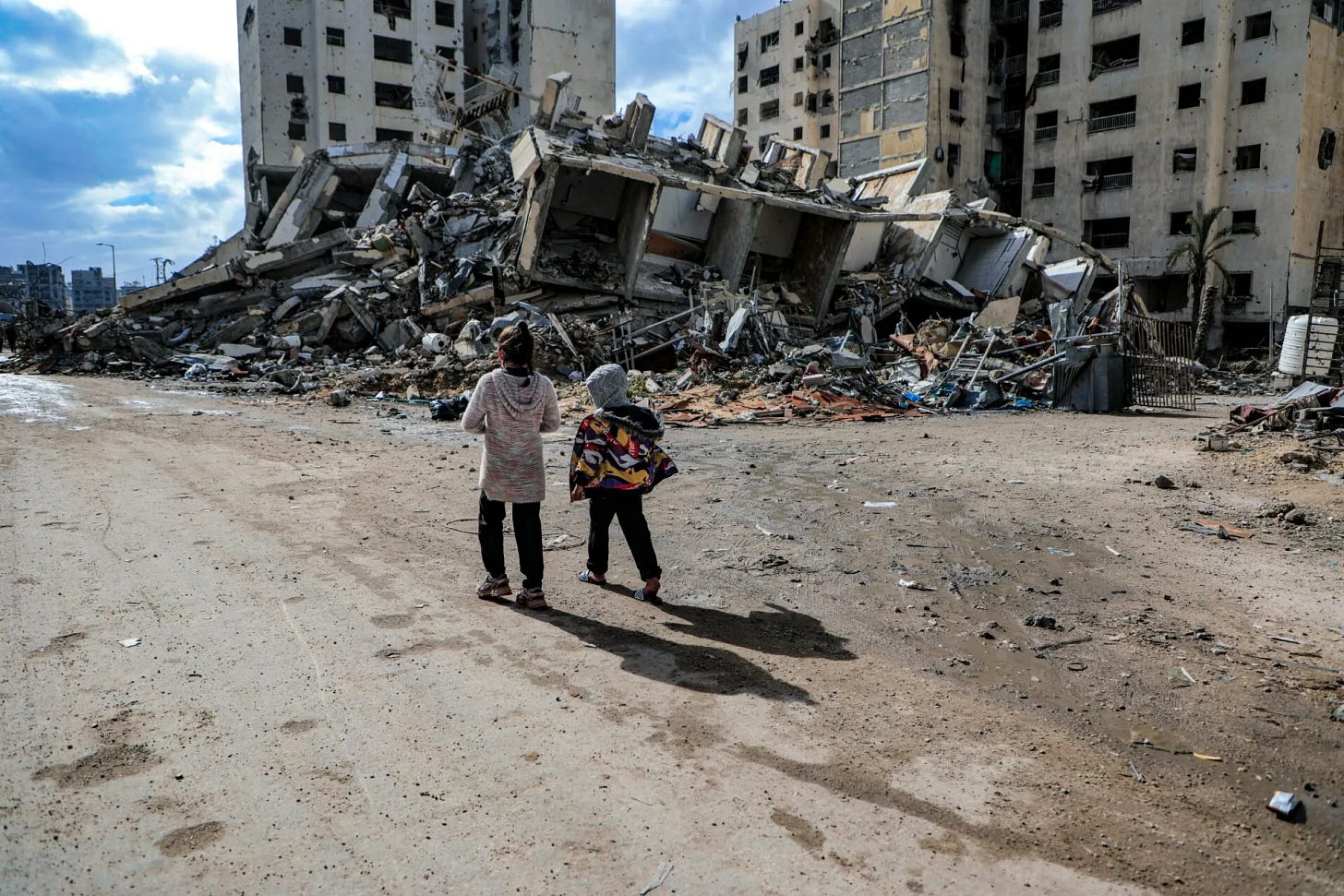
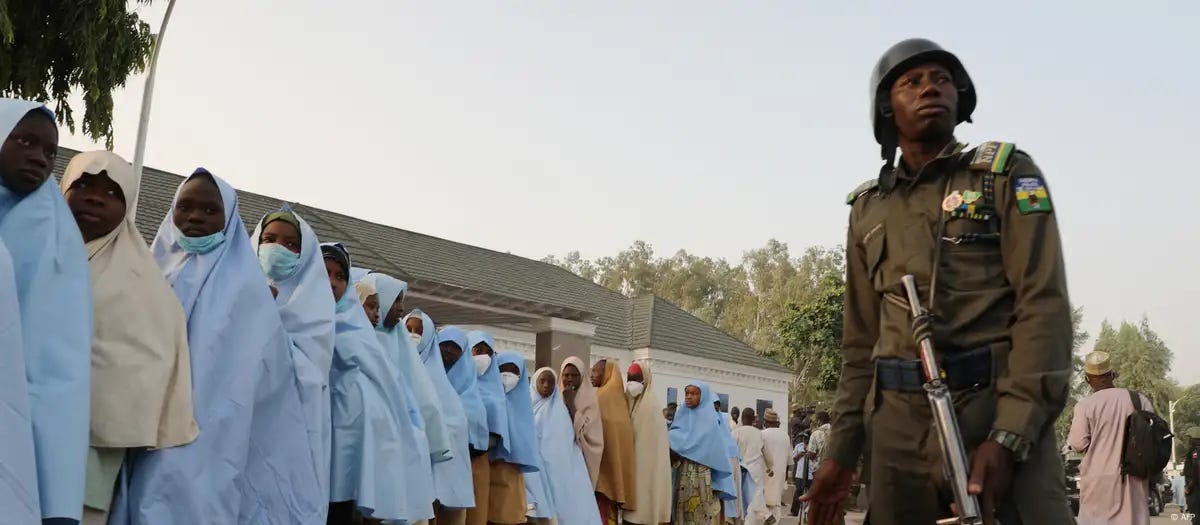
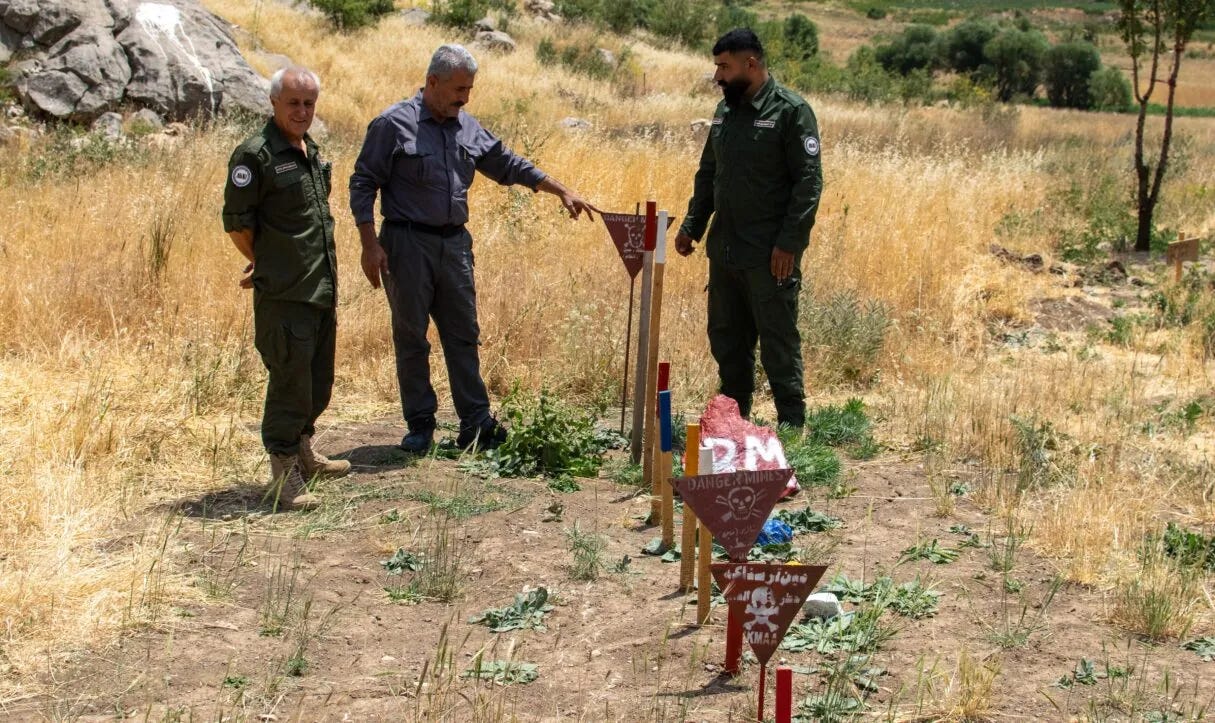
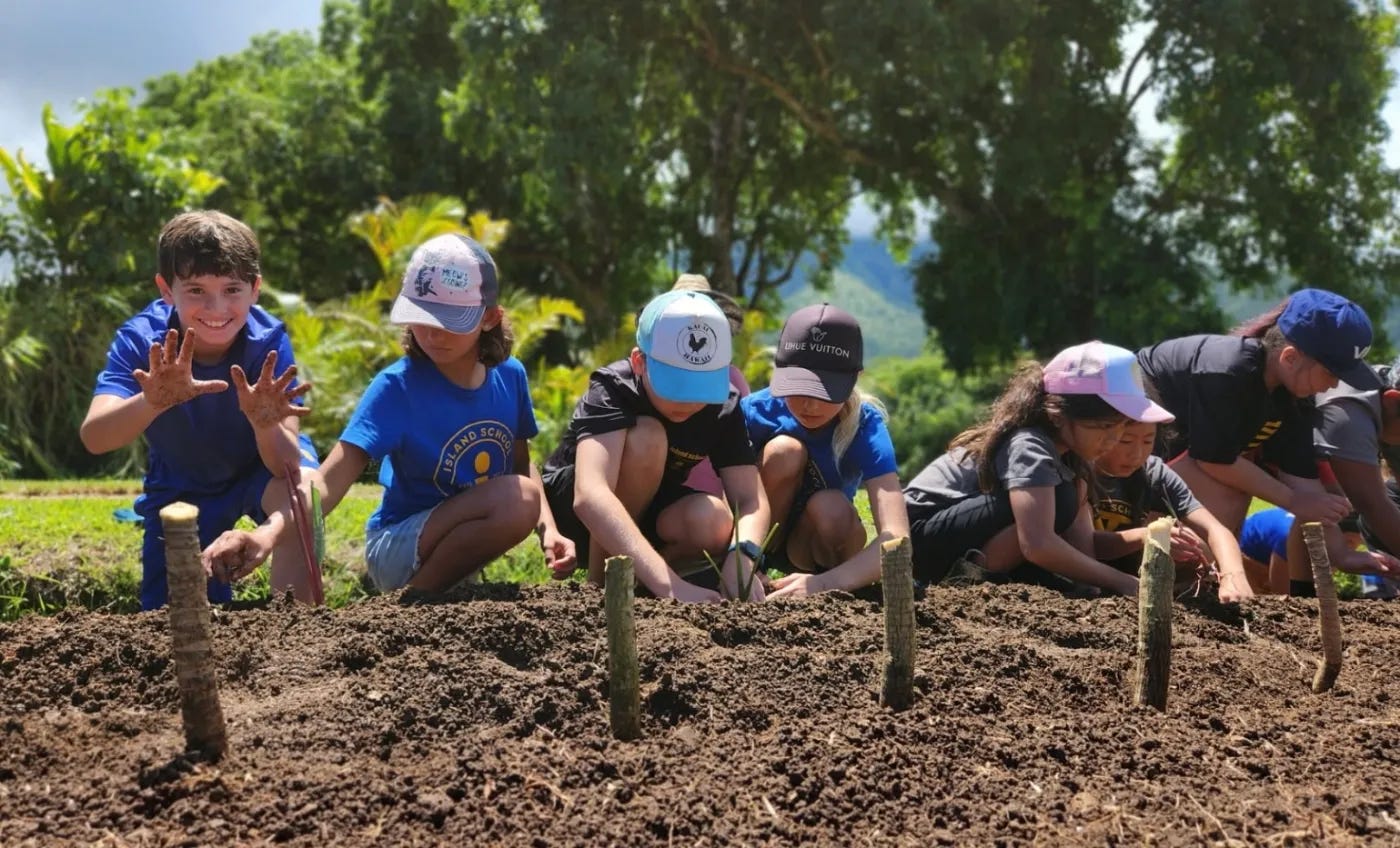
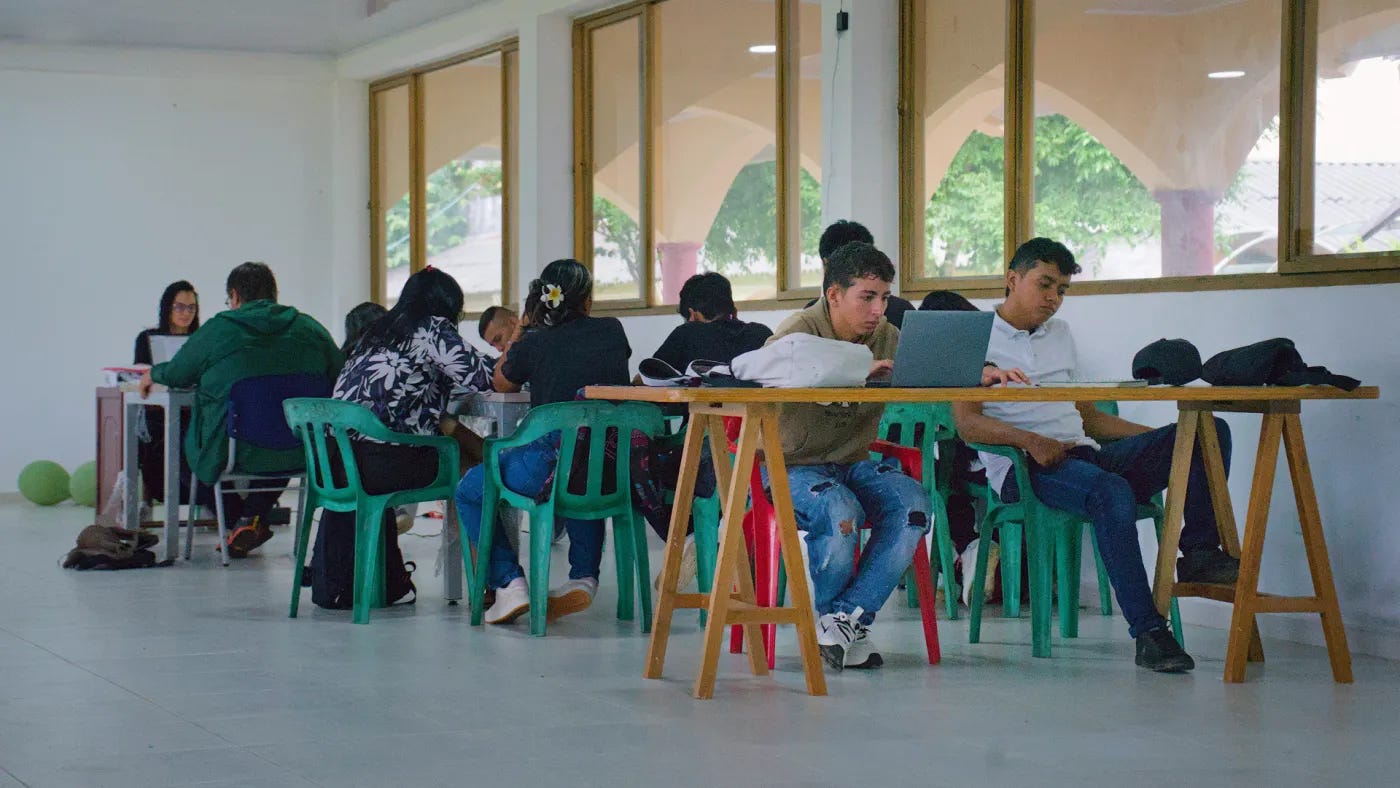
You write like a true reporter!